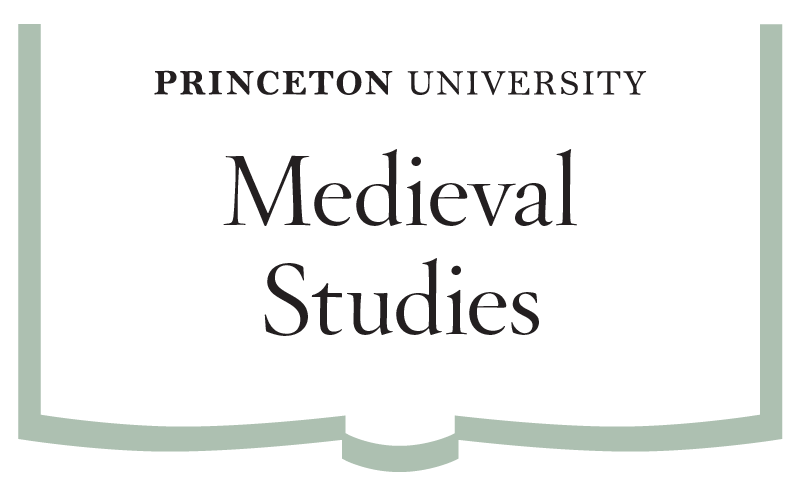The twelfth century witnessed an effusion of new musical styles and creative practices, stimulated by societal changes that have been controversially dubbed a “Renaissance.” We examine the century’s available expressive idioms against this dynamic socio-historical context (the rise of urbanism, universities, and religious orders and the waning of older, feudal modes of life). Topics include: vernacular lyric song in Arabic, Hebrew, Provençal, and English; settings of Latin verse; Parisian polyphony; liturgical composition; the works of Beatrice de Die, Hildegard of Bingen, St Godric, Adam of St Victor, and Peter Abelard.












